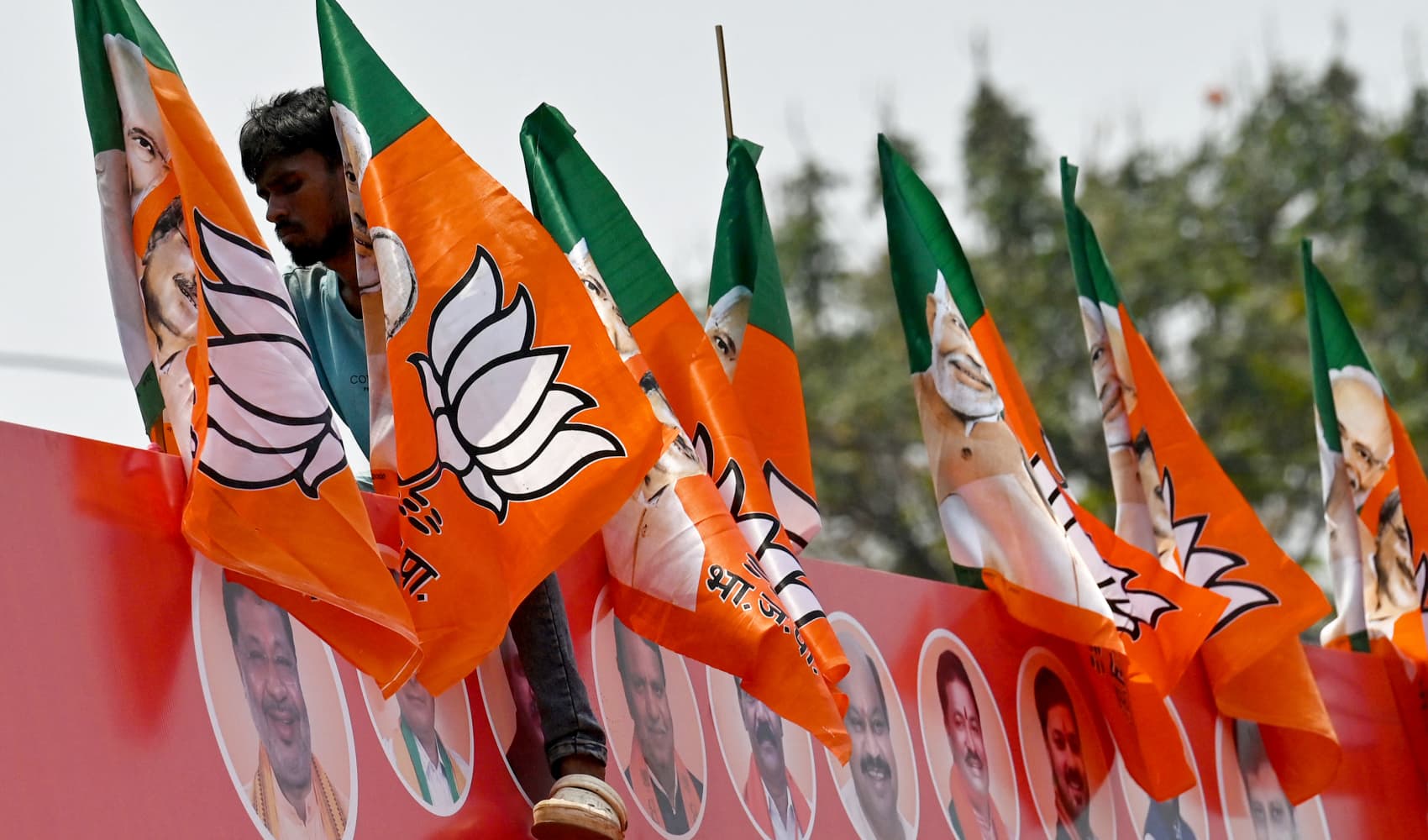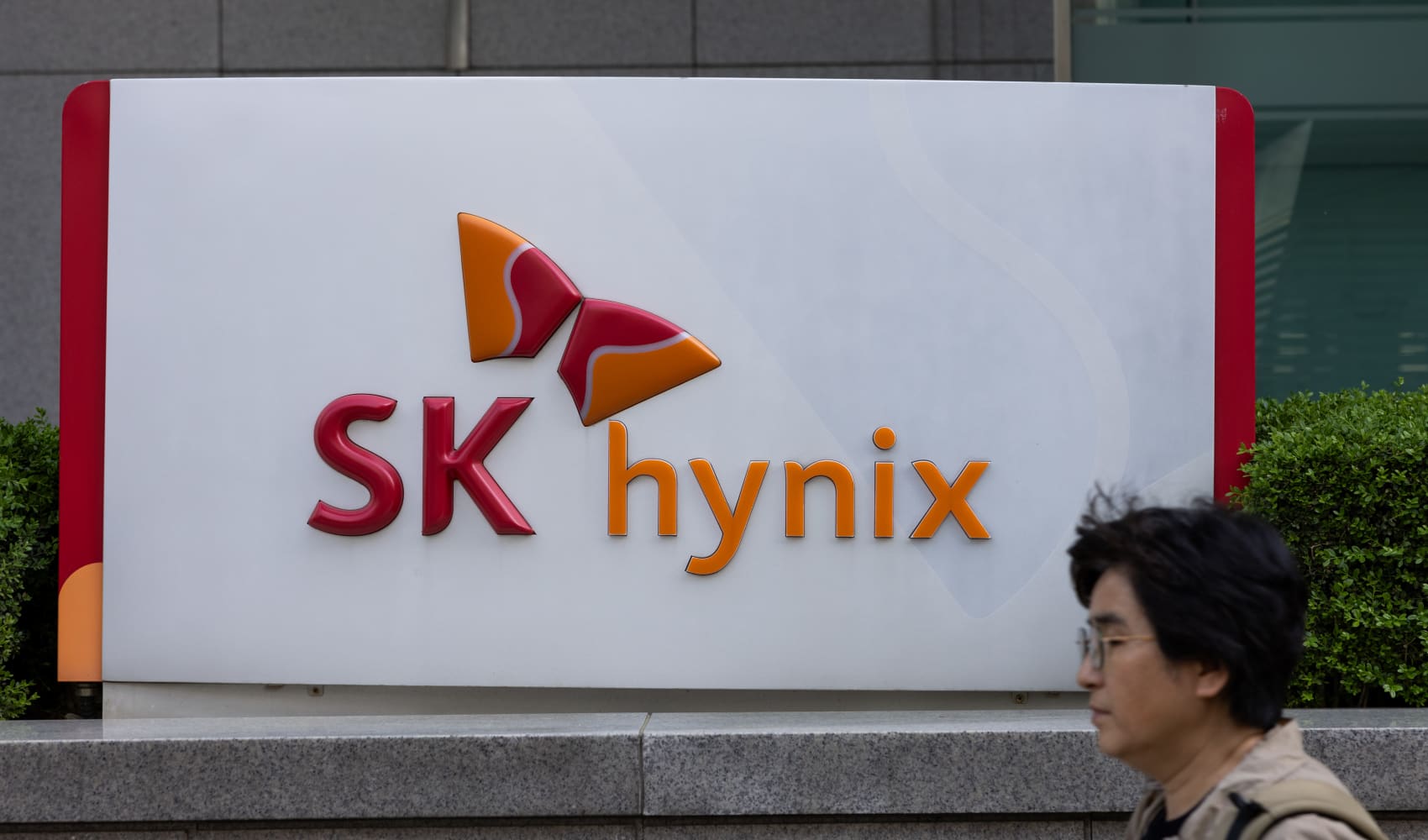
- Green data centers, boosted by energy efficiency regulations in Malaysia and Singapore, helped drive the largest investment dollars in Southeast Asia, according to a new report.
- Still, the region remains "woefully off-track," with only 1.5% of the green financing needed for countries to meet 2030 emission targets having been dolled out.
Southeast Asia saw a significant uptick in green investments in 2023, with a boost from green data center projects, though funding remains insufficient, according to a report released Monday.
The analysis, conducted by Bain & Company, GenZero, Standard Chartered and Temasek, found that $6.3 billion of green investments flowed into the region, representing a 21% year-on-year increase.
While renewable energy remained the region's primary green investment theme in 2023, green data center projects — aided by efficiency policies in countries like Malaysia and Singapore — drove the largest gains from the previous year, according to the report.
Get New England news, weather forecasts and entertainment stories to your inbox. Sign up for NECN newsletters.
Demand for data centers has surged with the emergence of new, data-intensive technologies such as generative AI, leading to warnings of increased energy consumption.
According to a January report from the International Energy Agency, the AI industry's energy consumption is expected to grow by at least ten times between 2023 and 2026.
Malaysia and Singapore pave the way
Money Report
Malaysia and Singapore were among Southeast Asian governments that helped push major investments towards these green data centers, which aim to be more energy efficient and less reliant on fossil fuels.
Last year, Malaysia attracted large-scale green financing of over $500 million for at least two data centers, according to the Monday report. The financing for the projects helped the country make the biggest year-over-year jump in green investments out of all countries in the region, up 326% from 2022.
Meanwhile, Singapore's largest telecommunications company, Singtel, secured a 535 million Singapore dollar ($401 million) five-year green loan aimed at improving efficiency at all of its data centers, including an upcoming 58 MW green data center, which began construction last year.
The move came after the Singaporean government unveiled a sustainability standard for data centers operating in tropical climates. The small city-state has become a hotspot for data centers and cloud service providers.
"Countries which take the lead in charting out their decarbonization roadmap through clear policy frameworks, supportive regulations and concrete financing plans will be better positioned to attract private investment," said Kimberly Tan, head of investments at GenZero.
Despite these efforts, Singapore's overall green investments fell in 2023 to $0.9 billion from $1.2 billion a year prior.
More to be done
While the regional uptick in green investments represented a positive trend shift, with some bright spots in green data center investment, much more is needed to meet critical climate goals, according to the authors of the report.
About $1.5 trillion in cumulative investment in the energy and nature sectors will be needed to reach nationally determined contribution targets by 2030, said the report. However, only 1.5% has been invested to date, with many countries at risk of missing their pledges, according to the report.
"We believe that an acceleration of effort by countries, corporates and investors is imperative as Southeast Asia remains woefully off-track," said GenZero's Tan.
Renewable energy accounts for less than 10% of the region's energy supply, with fossil fuel subsidies being around five times higher than renewable investments, she added. Green investment towards power in the region fell by 14% year-over-year for the second year in a row.
"There is a reality gap between what many believe is happening and true progress on the ground," said Dale Hardcastle, director of the Global Sustainability Innovation Center at Bain & Company.
But despite Southeast Asia's "structural challenges," immense potential exists to accelerate the energy transition and build the green economy through initiatives such as blended finance, he added.
Additionally, the report called on governments to facilitate more policy incentives and regional cooperation as well as to focus on already proven and deployable green technologies. Such efforts could unlock $300 billion of annual business by 2030, it added.
In the region, Indonesia saw the most private investment in green projects, followed closely by the Philippines. Meanwhile, Laos saw the second largest uptick of investments at 126%, thanks to foreign investment in renewable energy projects.
Other major investment drivers in Southeast Asia included investments in waste management like water treatment and plastic recycling.






